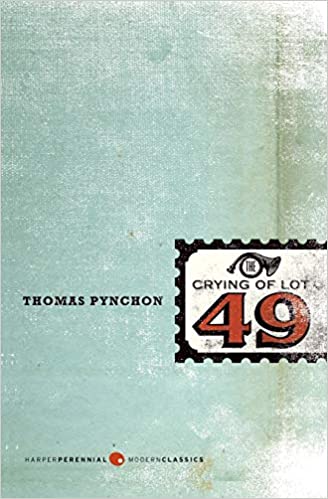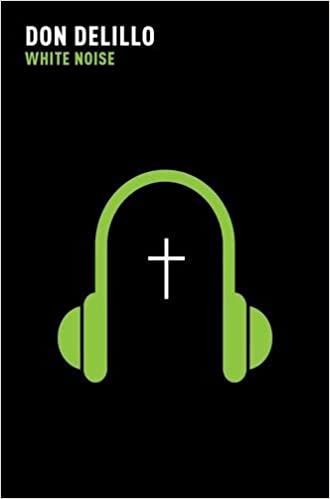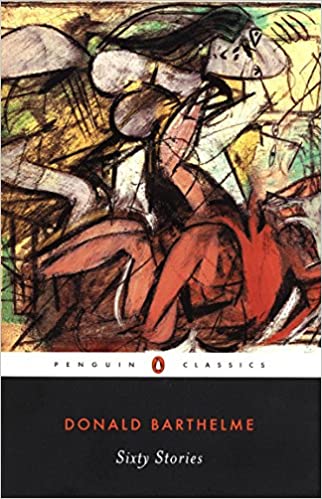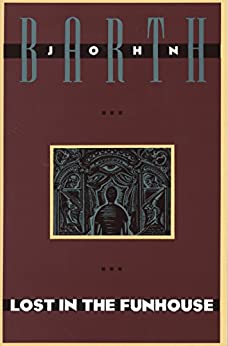As a reader, my favorite period of literary history is postmodernism. I’ve always been fascinated by writers who play with form and voice, and postmodernism is rich with this kind of experimentation. I love the idea of form reflecting content and the idea of subjective truth in literature, and the postmodern era more than any other reflects these concerns. The following is a list of postmodern books you should pick up if you’re interested in the period.

The Crying of Lot 49 by Thomas Pynchon
Generally considered to be the entry point to postmodernism for many undergrads, and it’s easy to see why. Pynchon writes in a highly specific, idiosyncratic style that is as enticing as it is bewildering. Though this is much shorter than all of his other books, it provides a good glimpse into his style and his thematic concerns. It tells the story of Oedipa Maas and her efforts to uncover a secret society.

White Noise by Don Delillo
Delillo also has a highly specific style that is both eerie and familiar. There is a rhythmic quality to his writing that lends the story weight in an almost subconscious way. White Noise deals with consumerism and mortality in a very stark and dramatic way. It tells the story of Jack Gladney and his wife Babette’s fear of death. It was recently adapted into a Netflix film starring Adam Driver and Greta Gerwig that is just as confusing as the book.

White Teeth by Zadie Smith
This technically falls outside of what most scholars refer to as postmodernism, but stylistically it is cut from the same cloth. It might be called post postmodernism or hysterical realism, but the same themes of absurdity run throughout the book. Smith is a titan of modern literature, and her voice is eloquent and moving. White Teeth deals with postcolonialism in London and features a diverse cast of characters.

Sixty Stories by Donald Barthelme
Equal parts experimentation and compelling characters, Sixty Stories is a masterclass on the art of short story writing. Barthelme approaches short fiction with humor and wit and crafts off-kilter narratives that draw you in just as they push you away. He foregoes traditional structures and neat resolution to give you a much murkier, anecdotal form of short story, and Sixty Stories shows you just how far you can take a joke.

Lost in the Funhouse by John Barth
Barth is another writer who loves to play games with readers, and Lost in the Funhouse does exactly that. Confusing perspectives, stories within stories, parallels with Greek mythology, and a bit of humor make this book a fascinating read. Barth’s stories are often representative of metafiction as a form, and they focus less on character and more on the story as artifice, which yields exciting results. For many Barth is the representative postmodern writer, and Lost in the Funhouse is his greatest work.
I hope these recommendations appeal to some of you and pique your interest in this fascinating period in literary history. Sometimes the way the story is told is as important as the story.
Until next time!
Beau Henry